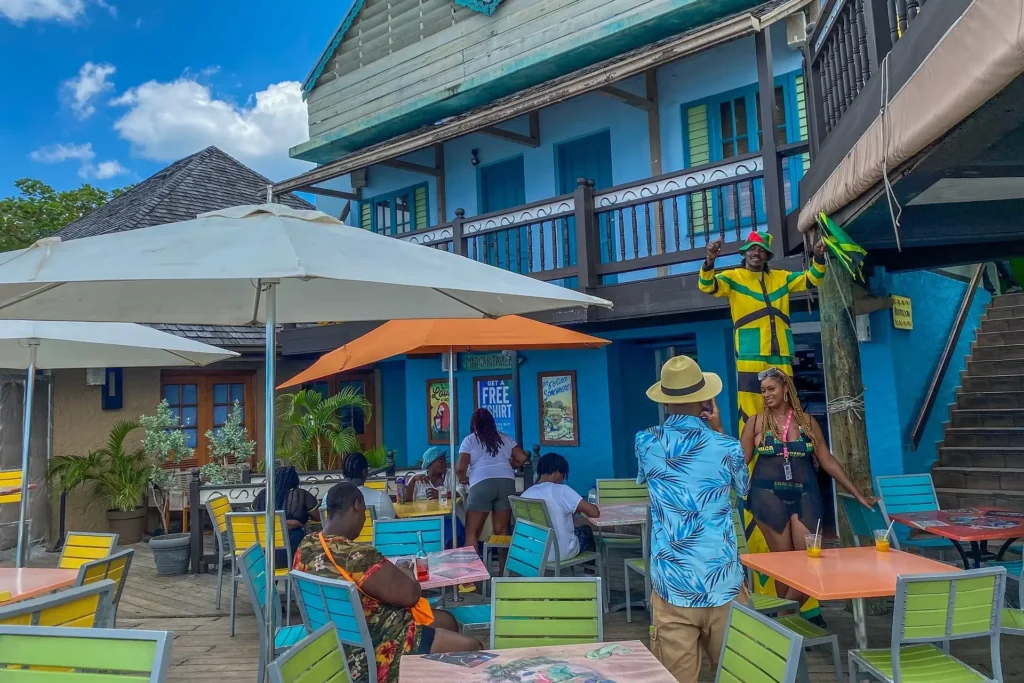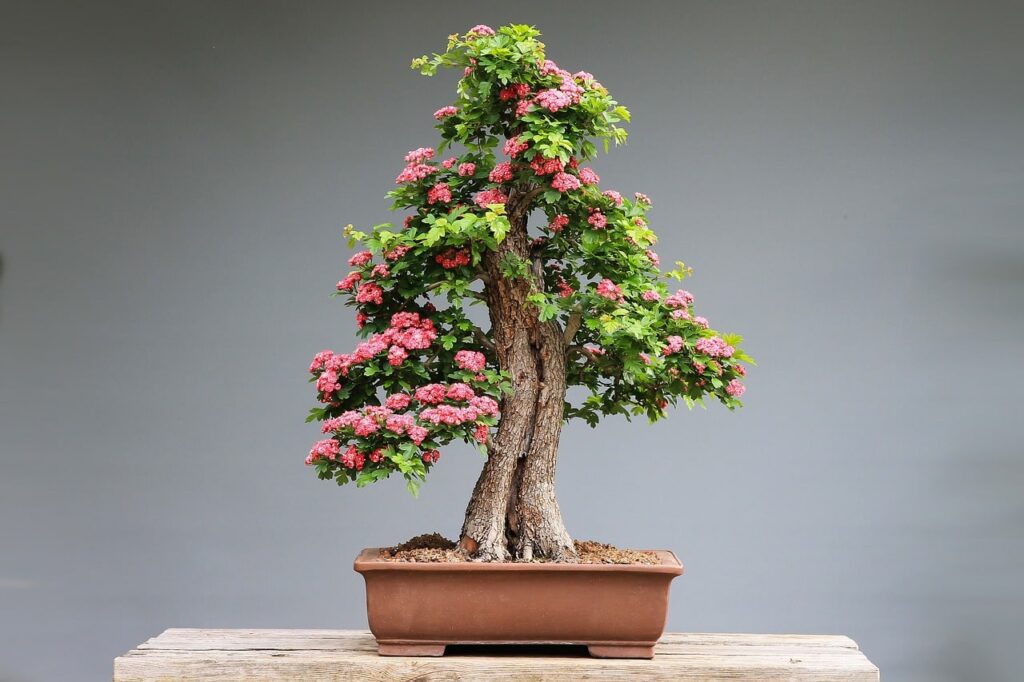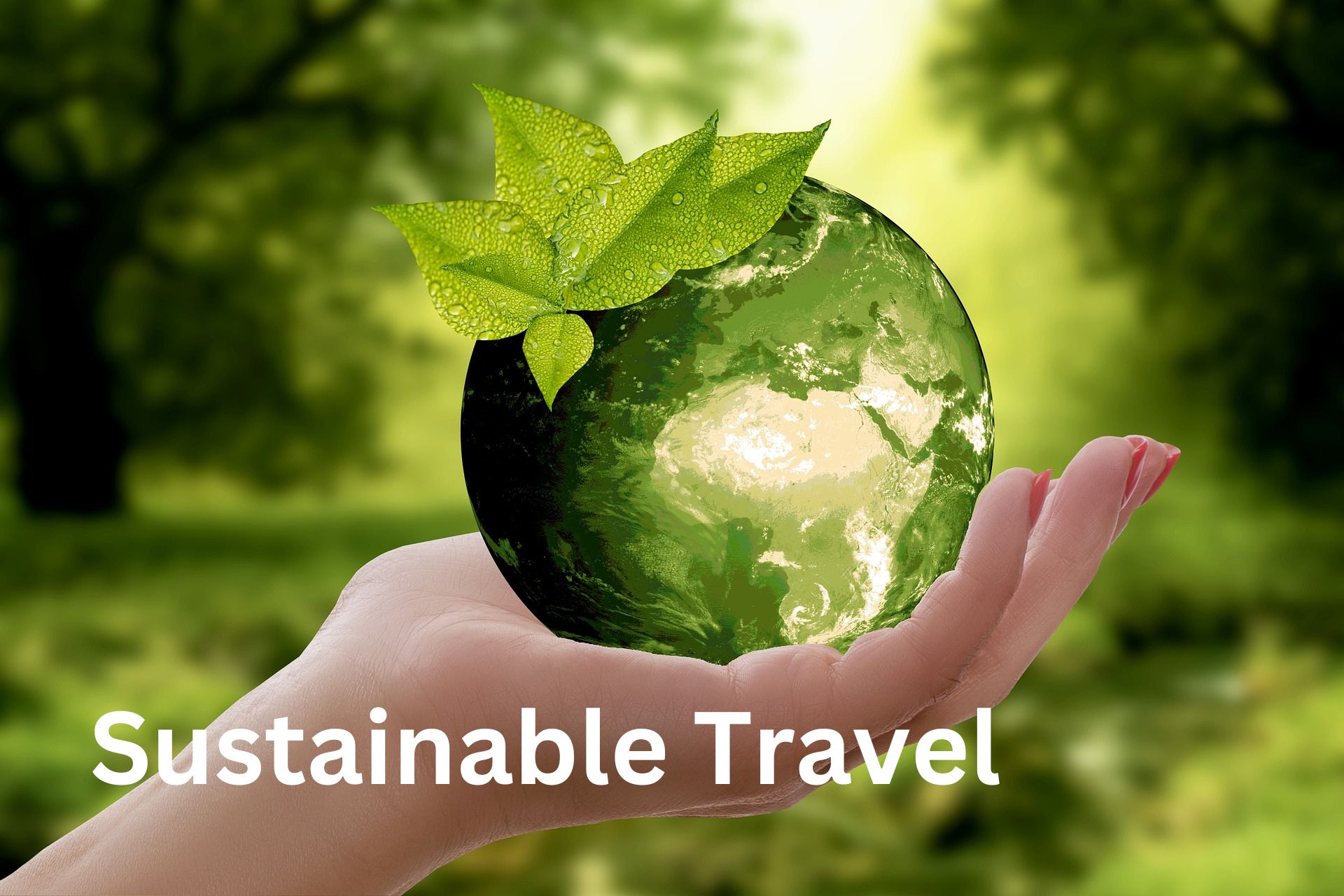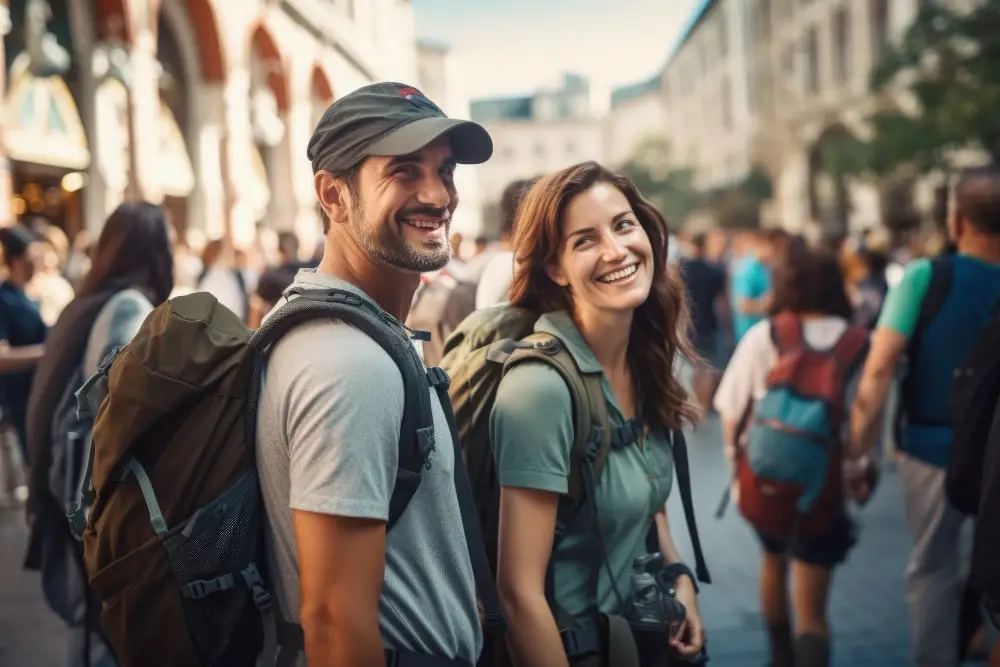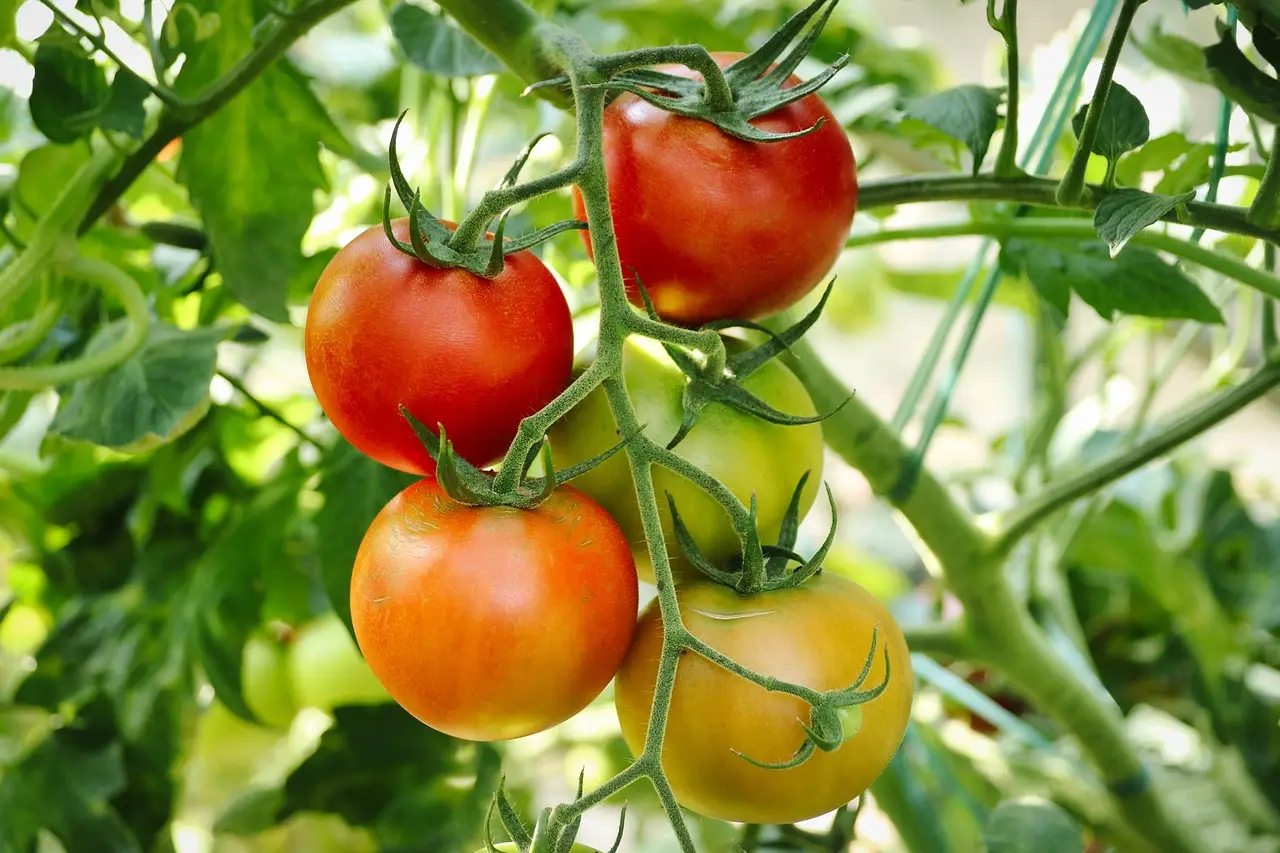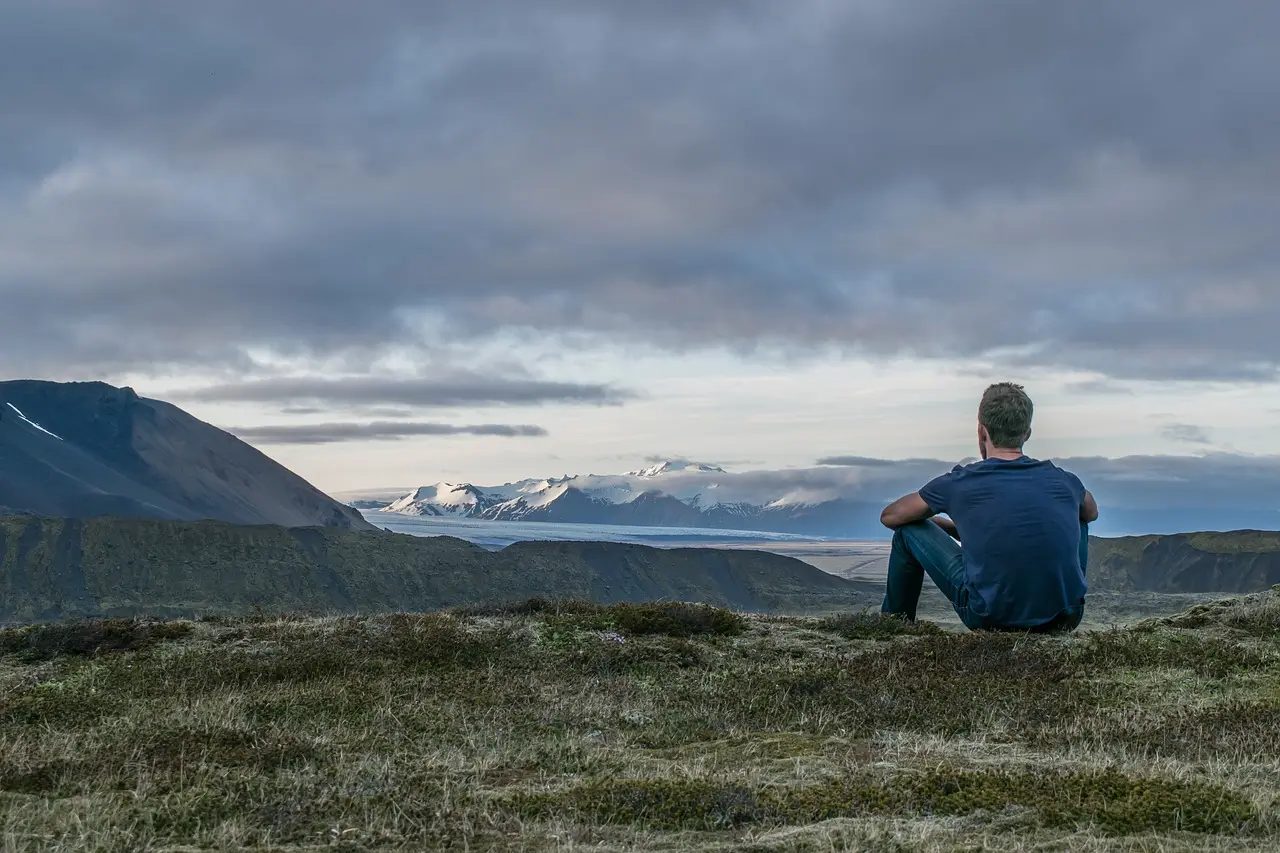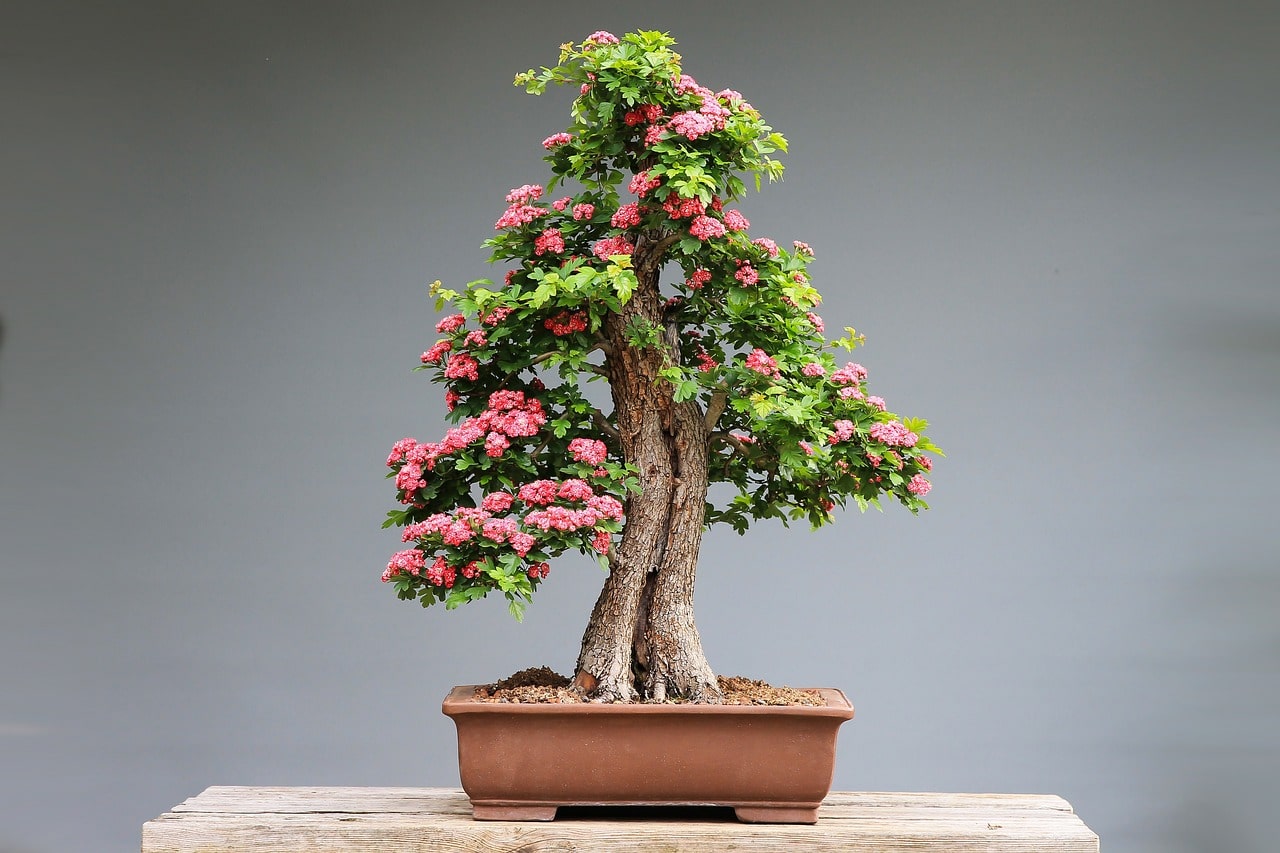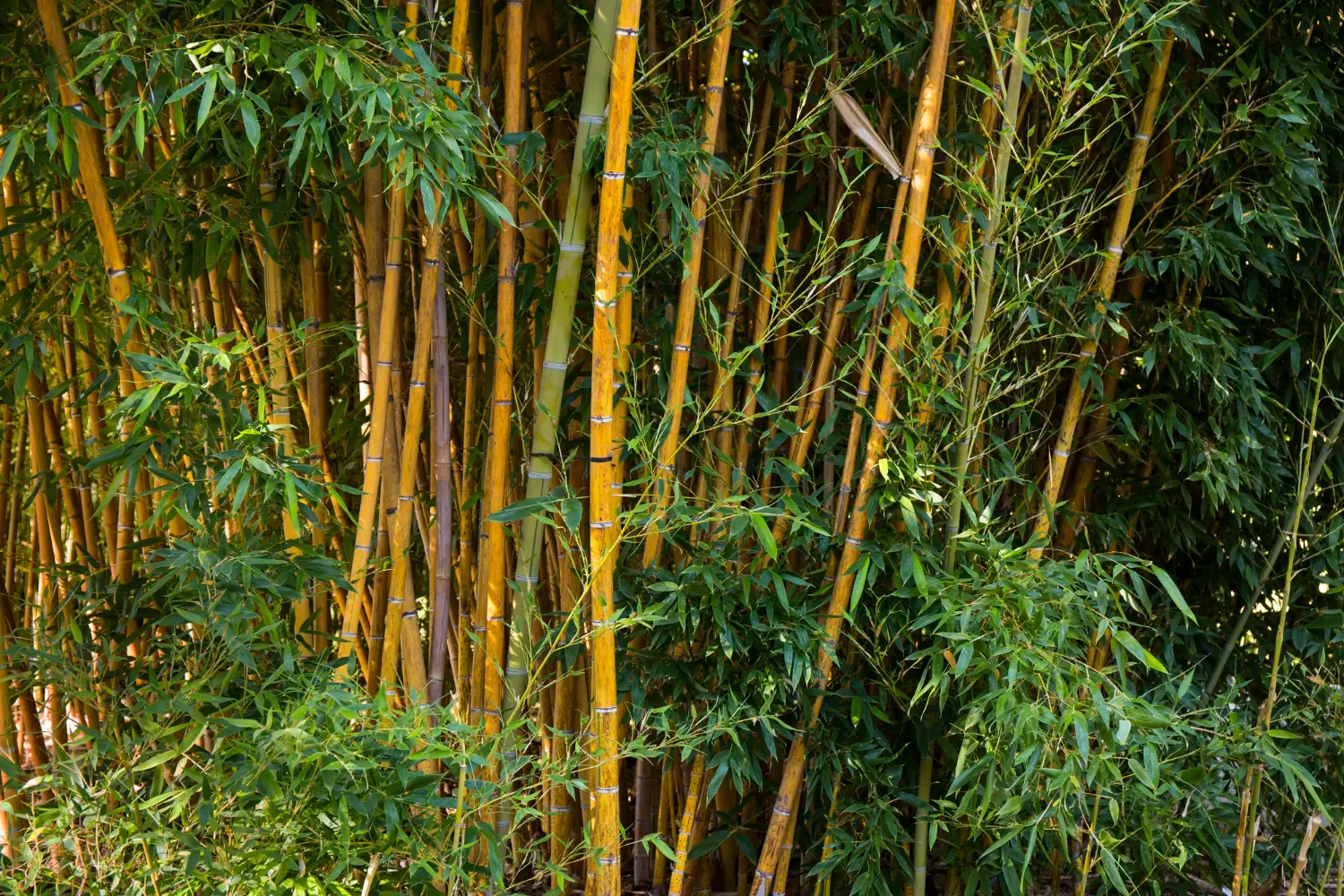Introduction to Jamaica Travel Advisory
Jamaica, with its breathtaking beaches, vibrant culture, and rich history, has long been a favorite destination for travelers from around the world. Known for its reggae music, warm weather, and stunning landscapes, Jamaica offers a unique experience that combines natural beauty with cultural richness. However, like any travel destination, it’s essential to stay informed about potential safety concerns and travel advisories. This guide will provide a comprehensive overview of Jamaica’s travel advisory, ensuring you have a safe and enjoyable visit, whether you’re a first-time traveler or a seasoned visitor.
Why Travel Advisories Are Important
Travel advisories play a crucial role in informing travelers about the safety and security conditions of a destination. These advisories are typically issued by government agencies such as the U.S. Department of State, the UK Foreign Office, and other international bodies. They provide updates on crime rates, health risks, political instability, and natural disasters, helping travelers make informed decisions and take appropriate precautions. Ignoring these advisories can lead to unforeseen complications, such as falling victim to crime or health issues, which can disrupt your travel plans. By staying updated, travelers can avoid high-risk areas, prepare adequately, and ensure their safety and well-being while abroad.
Current Jamaica travel advisory
As of 2024, Jamaica remains a popular tourist destination, attracting millions of visitors each year to its sandy beaches, luxurious resorts, and cultural festivals. However, it’s important to be aware of the current travel advisory status. The U.S. Department of State and other international bodies have issued advisories due to concerns about crime, particularly in urban areas like Kingston, Montego Bay, and Spanish Town. The advisories often categorize Jamaica as a Level 2 destination, advising travelers to exercise increased caution. Despite these warnings, many tourists visit Jamaica without incidents, especially when they follow recommended safety guidelines and stay within designated tourist areas.
Crime and Safety Concerns
Jamaica has a higher crime rate compared to some other Caribbean destinations, primarily due to gang-related activities and petty theft. The majority of violent crimes, such as armed robbery and assault, occur in specific neighborhoods and are often associated with local disputes. These incidents are usually concentrated in certain areas that are far from tourist spots. Nonetheless, tourists should still take precautions:
- Avoid Walking Alone at Night: Even in seemingly safe areas, avoid walking alone after dark. Stick to well-lit and populated areas, especially in major cities like Kingston and Montego Bay.
- Stay in Tourist Zones: Resorts and hotels often have their security measures, including surveillance cameras and security personnel, making them safer for visitors. Popular tourist areas like Negril, Ocho Rios, and the northern coast tend to have lower crime rates.
- Be Cautious with Valuables: Petty theft, such as pickpocketing and bag snatching, can occur, especially in crowded places. Avoid displaying expensive jewelry, cameras, or cash in public. Use a money belt or hidden pouch to store valuables.
- Use Reputable Transportation: Opt for official taxis or arrange transportation through your hotel. Reputable taxi companies usually have cars with red license plates, which indicate they are licensed by the government. Avoid accepting rides from strangers or unlicensed taxi drivers.
Real-life example: In 2022, a group of tourists who strayed into an unfamiliar neighborhood in Kingston was targeted for petty theft. While no one was hurt, the incident served as a reminder to stick to well-known areas and use hotel-arranged transportation.
Health and Wellness Advisories
Jamaica has a robust healthcare system, particularly in urban areas and tourist hotspots. However, travelers should still take precautions to protect their health:
- Mosquito-Borne Diseases: Diseases such as Zika, dengue fever, and chikungunya are present in Jamaica, transmitted by mosquitoes. To reduce the risk of mosquito bites, use insect repellent containing DEET, wear long-sleeved clothing, and sleep under mosquito nets if necessary. Hotels often have air conditioning or screens to keep mosquitoes out.
- Vaccinations: Ensure your vaccinations are up to date before traveling to Jamaica. Recommended vaccines include Hepatitis A, Hepatitis B, Typhoid, and, in some cases, Rabies if you plan to spend a lot of time outdoors or with animals.
- COVID-19: The COVID-19 pandemic has highlighted the importance of being aware of health advisories. Check for the latest guidelines, including testing requirements, vaccination status, and mask mandates, as these can change.
- Safe Drinking Water: While tap water is generally considered safe in most tourist areas, travelers may prefer to drink bottled water to avoid any potential stomach issues. Be cautious with ice in drinks, especially outside major tourist areas.
Real-life example: A tourist who ignored mosquito bite prevention guidelines contracted dengue fever during his stay in Montego Bay. Fortunately, he received prompt medical care and recovered, but his experience underscores the importance of taking health advisories seriously.
Weather and Natural Disasters
Jamaica’s tropical climate is one of its main attractions, offering warm temperatures and sunny days year-round. However, this climate also means that the island can be prone to natural disasters, including hurricanes, flooding, and minor earthquakes:
- Hurricane Preparedness: The Atlantic hurricane season runs from June to November, with the highest risk typically occurring between August and October. Travelers should keep informed about weather forecasts through reliable sources such as the National Hurricane Center or local news. Hotels often provide updates and have emergency plans in place. If a hurricane is approaching, follow the instructions of local authorities and hotel staff.
- Flood Awareness: Jamaica experiences heavy rains, particularly during the hurricane season. Flooding can occur, especially in low-lying areas. If you are traveling during the rainy season, avoid these areas and be cautious when driving, as roads may become slippery or impassable.
- Best Time to Visit: The best time to visit Jamaica for favorable weather is from November to mid-December and March to May. These periods offer pleasant weather conditions, lower humidity, and fewer chances of rain, making it ideal for outdoor activities and beach vacations.
Real-life example: In September 2017, Hurricane Irma affected several Caribbean islands. Although Jamaica was spared the worst of the storm, travelers had to adjust their plans, with some flights canceled and others rerouted. This highlights the need for flexibility and preparedness when traveling during hurricane season.
Political and Social Climate
Jamaica is generally politically stable, with a strong democratic system and regular elections. However, like any country, it can experience localized protests and demonstrations, typically related to economic or social issues. These protests are usually peaceful but can sometimes become unpredictable. Travelers should:
- Stay Informed: Keep up with local news during your stay. Your hotel can be a good source of information, as can online news outlets and social media.
- Avoid Demonstrations: Even peaceful protests can turn unpredictable, especially if they are about sensitive topics. If you encounter a protest, it’s best to steer clear and find an alternative route.
- Emergency Contacts: Always have the contact information for your embassy or consulate readily available. They can provide assistance and guidance in case of emergencies, including during political unrest.
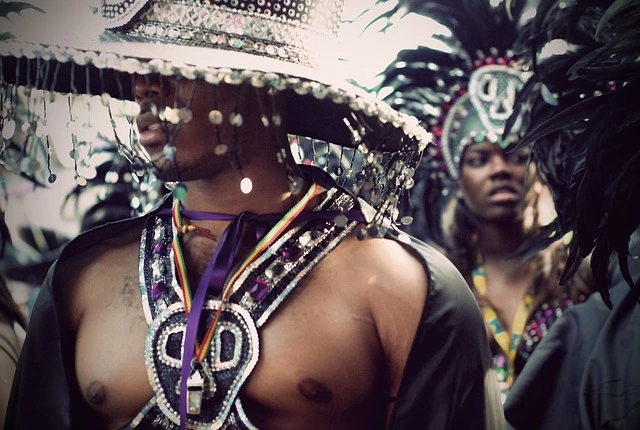
Local Laws and Cultural Etiquette
Understanding and respecting local laws and customs is crucial for a safe and enjoyable trip to Jamaica. While Jamaicans are known for their friendliness and hospitality, being aware of cultural norms and legal regulations can help avoid misunderstandings or legal issues:
- Drug Laws: Despite Jamaica’s reputation for marijuana use, the drug remains illegal for recreational use. Possession of even small amounts can lead to fines or imprisonment. Only individuals with a prescription for medicinal use are allowed to possess small amounts legally. Avoid purchasing or using drugs to prevent legal trouble.
- Public Behavior: While Jamaicans are generally warm and welcoming, public displays of affection, especially between same-sex couples, may not be widely accepted, particularly in more conservative areas. It’s best to be discreet. Additionally, avoid using profanity in public places, as it can be considered disrespectful.
- Dress Code: Casual attire is widely accepted in Jamaica, especially in tourist areas. However, when visiting religious sites, government buildings, or local communities, it’s respectful to dress modestly. For example, cover your shoulders and knees when entering churches or attending cultural events.
- Respect for Locals: Jamaicans value respect and politeness. Always greet people with a friendly “good morning” or “good afternoon.” Engage with locals in a respectful manner, and be mindful of cultural differences.
Real-life example: A tourist was fined for possessing a small amount of marijuana, unaware of the strict enforcement of drug laws despite its perceived cultural acceptance. This incident highlights the importance of understanding and adhering to local laws.
Transportation Safety
Getting around Jamaica can be part of the adventure, whether you’re exploring bustling cities or rural landscapes. However, it’s essential to prioritize safety:
- Public Transportation: Public buses and route taxis (shared taxis that follow a set route) are widely used by locals. However, they can be crowded and may not adhere to strict safety standards. If using public transportation, do so during the day, stay alert, and keep personal belongings secure.
- Car Rentals: Renting a car is a popular option for exploring Jamaica at your own pace. If you choose this option, drive defensively. Be aware that Jamaican drivers can be aggressive, and road conditions vary. Some rural roads may be poorly maintained. Always wear a seatbelt and avoid driving at night when visibility is lower and road hazards may not be clearly marked.
- Official Taxis: For shorter distances, use only licensed taxis with red license plates, which indicate they are regulated by the government. Confirm the fare before starting your journey, as not all taxis have meters. Many hotels can arrange reliable transportation for their guests.
- Private Transfers and Tour Operators: For convenience and safety, consider using private transfer services or booking tours through reputable companies. These options often provide air-conditioned vehicles and knowledgeable drivers who are familiar with local routes and attractions.
Accommodation Safety
Choosing the right accommodation is vital for a safe and enjoyable stay in Jamaica. The island offers a wide range of options, from luxury resorts to budget-friendly guesthouses:
- Resorts and Hotels: Most popular resorts and hotels have strong security measures, including gated entrances, security personnel, and surveillance cameras. Choose well-known establishments with positive reviews from other travelers. Many resorts offer amenities such as safes in rooms, which are ideal for storing valuables.
- Airbnb and Guesthouses: These can be great options for travelers seeking a more authentic experience or budget-friendly accommodation. However, ensure they are in safe neighborhoods by checking reviews and asking hosts about security features. Some guesthouses may have additional safety measures, such as secure locks and gates.
- Avoiding Isolated Areas: While Jamaica’s natural beauty is tempting, it’s best to stay in areas that are well-populated and have easy access to amenities and transportation. Isolated areas can pose higher risks, particularly at night.
Emergency Contacts and Useful Resources
Being prepared for emergencies is crucial when traveling, especially in a foreign country. Here’s a list of important contacts and resources:
- Emergency Services: In case of an emergency, dial 119 for police or ambulance services. This number is similar to 911 in the United States and can be used for various emergencies.
- Tourist Police: Jamaica has a dedicated tourist police force to assist visitors. Look for tourist police officers in major tourist areas, such as Negril, Montego Bay, and Ocho Rios. They are trained to handle issues that affect tourists and can provide guidance and assistance.
- Embassies and Consulates: Keep the contact information for your country’s embassy or consulate readily available. They can assist with lost passports, medical emergencies, and other issues. The U.S. Embassy in Kingston and the British High Commission are among the key diplomatic missions in Jamaica.
- Local Contacts: Have the contact details of your accommodation, local tour operators, and trusted contacts handy. In case of any issues, these contacts can provide immediate assistance.
Travel Insurance
Travel insurance is a must when visiting Jamaica, offering coverage for unexpected events. Insurance provides peace of mind and financial protection in various situations:
- Medical Coverage: Ensure your insurance policy covers health emergencies, including hospital visits, treatment, and medical evacuation if necessary. Healthcare costs can be high, and having insurance can save you from out-of-pocket expenses.
- Theft and Loss: Choose a policy that protects against theft and loss of belongings, such as luggage, electronics, and personal items. This is especially important given the risk of petty theft in some areas.
- Adventure Activities: Jamaica offers a range of adventure activities, from snorkeling and scuba diving to hiking and zip-lining. Ensure these activities are covered under your policy, as accidents or injuries can occur.
Tips for Solo Travelers and Women
Solo travel can be incredibly rewarding, offering freedom and flexibility. Jamaica offers many beautiful experiences for solo adventurers and women travelers. However, extra precautions can enhance safety:
- Stay in Safe Areas: Choose accommodations in well-traveled, safe neighborhoods. Resorts and hotels in popular tourist areas tend to be safer and offer more security.
- Daylight Exploration: Stick to exploring during the day, when there are more people around and safety concerns are generally lower. If you go out at night, do so with a group or use trusted transportation.
- Dress Modestly: This can help avoid unwanted attention. While Jamaica is generally laid-back, being mindful of local norms can enhance your comfort and safety.
- Stay Connected: Keep friends or family informed of your whereabouts and travel plans. Regularly check in with them, and consider using apps that allow you to share your location.
Real-life example: A solo female traveler who followed these precautions had a wonderful experience exploring Jamaica’s cultural sites and beaches, feeling safe and welcomed by the locals.
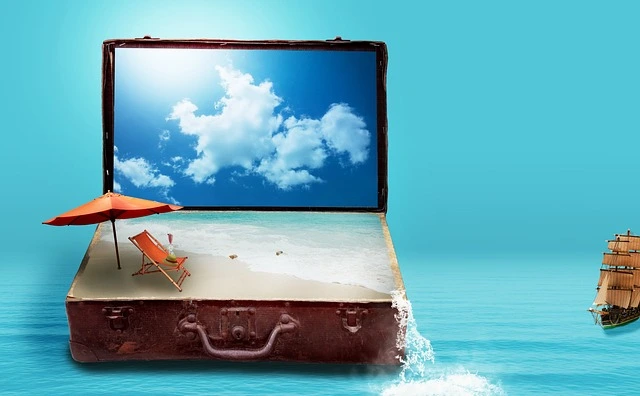
Family and Group Travel Safety
Jamaica is a great destination for families and groups, offering activities that cater to all ages. Here are some tips to ensure a safe and fun trip:
- Choose Family-Friendly Resorts: Many resorts offer activities for children, family suites, and excellent security measures. These resorts often have kid-friendly pools, entertainment, and babysitting services.
- Child Safety: Keep an eye on children at all times, especially in crowded places, at the beach, or near swimming pools. Teach them basic safety rules, such as not wandering off and knowing how to ask for help if needed.
- Group Safety: Traveling in a group can enhance safety. Stay together when exploring unfamiliar areas, and use reputable tour operators for excursions. Groups can negotiate better deals and often receive discounts on tours and activities.
Conclusion
Jamaica is a destination that offers an unforgettable experience with its stunning beaches, rich culture, and warm people. While there are safety considerations to keep in mind, following the guidelines and being aware of the current Jamaica travel advisory can help ensure a safe and enjoyable trip. By staying informed, taking necessary precautions, and respecting local customs, you can explore Jamaica’s natural beauty, enjoy its vibrant music and food scene, and create lasting memories.
For the latest updates on Jamaica travel advisory, subscribe to our blog and check out our travel safety tips regularly. Safe travels!

